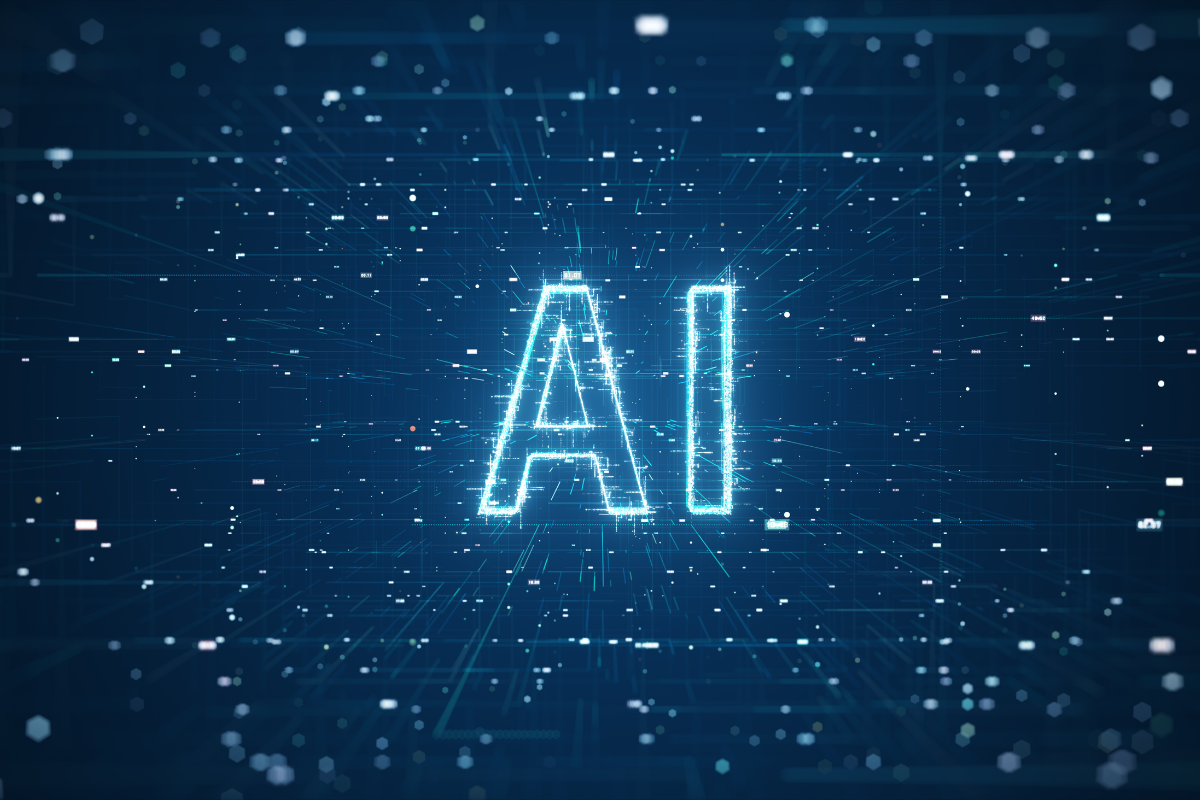The mortgage industry has always been a cornerstone of the economy. Countless people rely on mortgages to purchase their homes, and the industry generates billions of dollars in revenue every year. However, despite its importance, the mortgage industry has long been plagued with inefficiencies, long processing times, and a high risk of fraud. Fortunately, the advent of artificial intelligence (AI) is set to revolutionize the mortgage industry, transforming the way loans are processed and approved. In this blog post, we will explore how AI is poised to change the mortgage industry forever.
Streamlined application process: One of the most exciting ways that AI is changing the mortgage industry is by streamlining the application process. With AI algorithms, mortgage lenders can now analyze vast amounts of data to assess creditworthiness and risk much more quickly and accurately than before. This means that loan applications can be processed in a fraction of the time, reducing the wait time for potential home buyers. Additionally, AI may make it possible for borrowers with lower credit scores to qualify for loans, as the algorithms are able to sift through large datasets to find patterns and link them to creditworthiness.
Improved fraud detection: Fraudulent mortgage applications are a significant problem for lenders, who lose billions of dollars every year due to fake claims and fraudulent activity. Again, AI technology is proving to be a crucial tool in the fight against mortgage fraud. AI can analyze historical data patterns and compare them to new applications to identify fraudulent activity. This allows lenders to catch fraudulent applications before they approve them, protecting the industry and borrowers from financial harm.
Better risk assessment: Risk assessment is a critical component of the mortgage industry. Lenders need to assess the risk of each borrower to determine the likelihood of default and set appropriate interest rates. With AI technology, data sets can be analyzed more deeply and accurately, providing a more accurate assessment of risk than traditional methods. This means that lenders can offer appropriate interest rates that reflect the actual risk each borrower presents.
Enhanced customer service: Customer service is an essential aspect of the mortgage industry, and AI can provide significant improvements in this area as well. With AI chatbots, for instance, customers can receive quick answers to their queries without needing to wait on hold for a representative. Chatbots can learn from previous interactions and adapt to customer needs, providing a more personalized experience. This saves time and makes the mortgage application process more convenient for customers, increasing satisfaction rates and driving greater customer loyalty.
Increased efficiency and cost savings: Finally, AI is also set to revolutionize the back-end operations of the mortgage industry. Many of the processing tasks that are currently performed manually can be automated using AI. This can reduce processing times, lower costs, and improve efficiency, allowing lenders to pass these benefits on to their customers in the form of lower interest rates and better customer service.
In conclusion, AI is poised to revolutionize the mortgage industry in many ways. From streamlining the application process to improving fraud detection, better risk analysis, enhanced customer service, and more efficient back-end operations, the benefits of AI are undeniable. Lenders who are quick to adopt AI technology are likely to see significant cost savings, increased efficiency, and improved customer satisfaction rates. Homebuyers, too, stand to benefit from the faster processing times and more accurate risk assessments made possible by AI. In short, the future of the mortgage industry looks bright, thanks to the transformative power of artificial intelligence.




